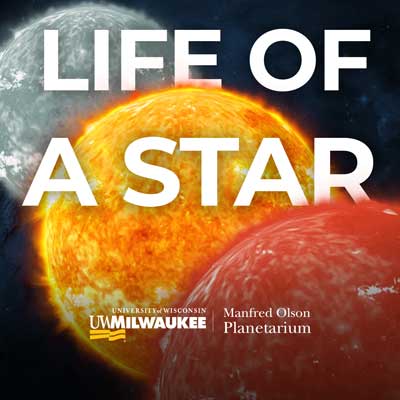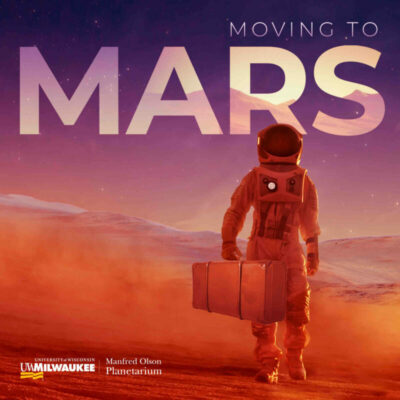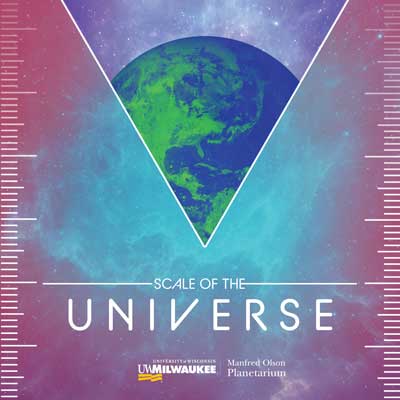Looking for fun activities, worksheets, and astronomy education resources? We’ve got you covered.
On Demand Shows
You can watch many of our shows on demand. Some of our favorites are below.
Guides
We’ve created activity guides uniquely tailored to our programs. Reserve a private show to learn more about these topics or try your hand at the activity guides below!
Activities & Simulations
(All activity & simulation links below leave the Planetarium site.)
- Solar System in Your Pocket (K–Grade 2)
- NASA Space Place (Grades 3-8)
- NASA: Vital Signs of the Planet (Grades 6-12)
- Free Stargazing Software: Stellarium (Grades 6-12)
Educational Videos
(All video links below leave the Planetarium site.)
- The Sun (Grades 3-12)
- The Solar System (Grades 3-12)
- Space School: The Planets and More (Grades 3-12)
- Tour of the Electromagnetic Spectrum (Grades 3-12)
- Sun and Space Weather Movie Gallery (Grades 6-8)
- Earth with Aurora Viewed from International Space Station (Grades 6-12)
- The Milky Way and Beyond (Grades 6-12)
- Artemis: NASA’s Moon to Mars Plans (Grades 6-12)
Podcasts
Stargazing Apps
Stellarium (iOS/Android) Free!
Our staff uses Stellarium regularly. Just point your phone to the sky to locate or identify stars, constellations, planets, and other night sky objects. You can even scroll through time to see how these objects appear at different times of the year.
Star Walk 2 (iOS) $2.99
Star Walk 2 is a great premium stargazing app that comes with a variety of useful features. Just point your phone to the sky to locate or identify stars, constellations, and planets. You can even scroll through time to see how these objects move across the sky.
Star Chart (iOS/Android) Free!
Star Chart is a great free alternative to Star Walk 2. It doesn’t come with quite as many features but works just as well. It’s a great tool for aspiring astronomers.
ISS Spotter (iOS) Free!
This 5-star rated app on Apple’s App Store tracks the location of the International Space Station (ISS). You can set an alarm that will notify you shortly before the station will pass overhead so that you won’t miss it!
ISS Detector Satellite Tracker (Android) Free!
This Google Play Store app tracks the location of the International Space Station (ISS). You can set an alarm to be notified shortly before the ISS passes overhead as well as check if weather conditions are optimal for spotting the station.
SkyMap (Windows) $1.49
SkyMap for Windows phone is a great tool for aspiring astronomers. Just point your phone to the sky to learn more about stars, constellations, and planets. The app has a free trial available to try out first.
Websites
(All website links below leave the Planetarium site.)
- Cool Cosmos: Your Guide to the Infrared Universe (Grades 3-12)
- What Are the Parts of the Sun? (Grades 6-8)
- Auroras: Paintings in the Sky (Grades 6-12)
- NASA: Solar System Exploration (Grades 6-12)
- NASA: Mars (Grades 6-12)
- NASA Solar Dynamics Observatory (Grades 9-12)
Magazines & News
(All magazine and news links below leave the Planetarium site.)
Books
(All book links below leave the Planetarium site.)
- Our Very Own Star: The Sun (K-Grade 2)
- Goodnight Moon, Margaret Wise Brown (K-Grade 2)
- If You Decide to Go to the Moon, Faith McNulty (K-Grade 2)
- The Magic School Bus Sees Stars, Joanna Cole (K-Grade 2)
- The Magic School Bus Lost in the Solar System, Joanna Cole (K-Grade 8)
- The Magic School Bus Space Explorers, Joanna Cole (Grades 3-8)
- The Solar System, Cathy Imhoff (Grades 3-8)
- Black Holes and Other Space Phenomena, Philip Steele (Grades 3-12)



